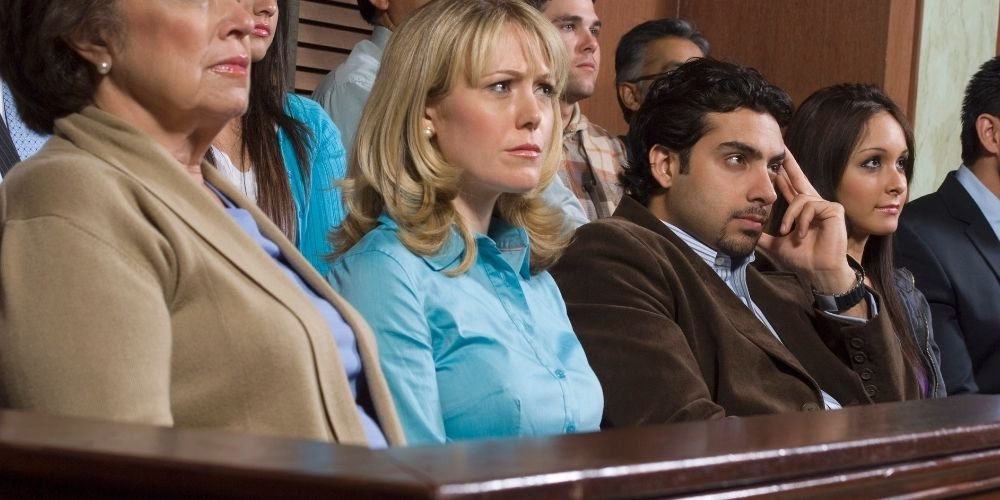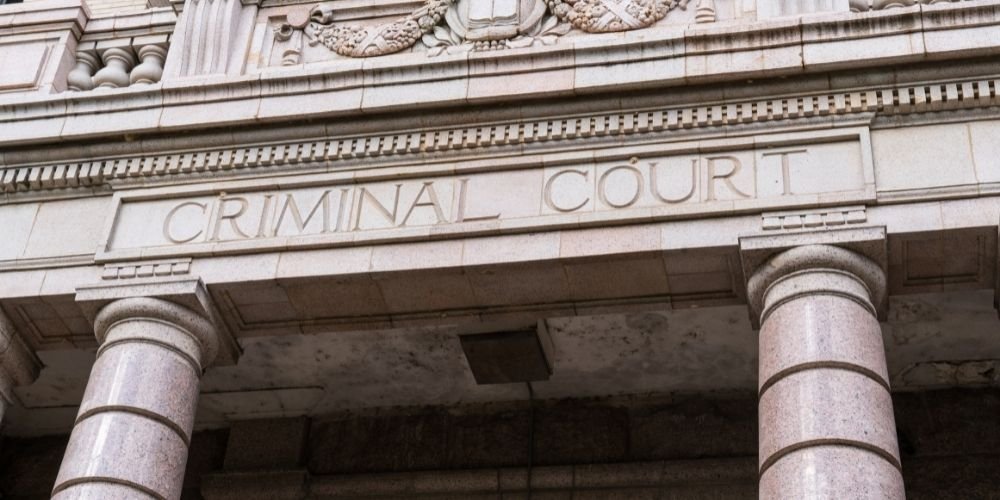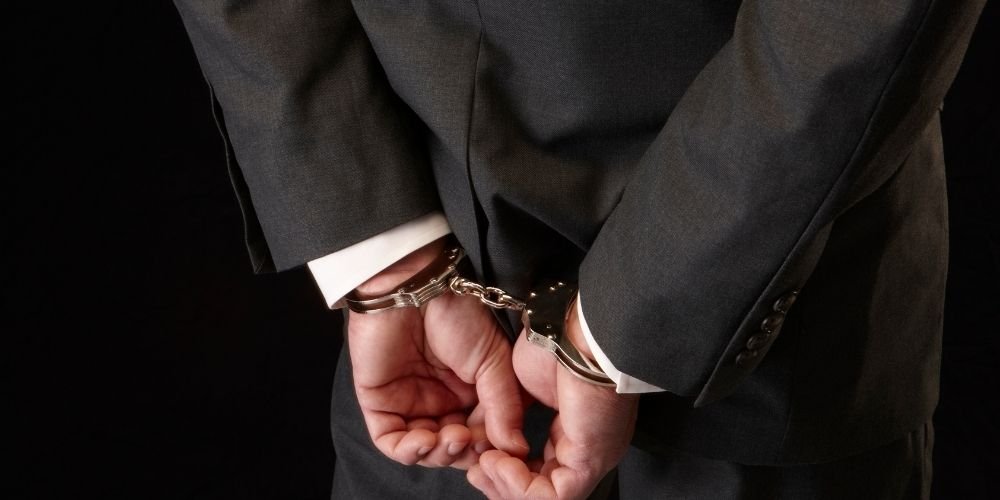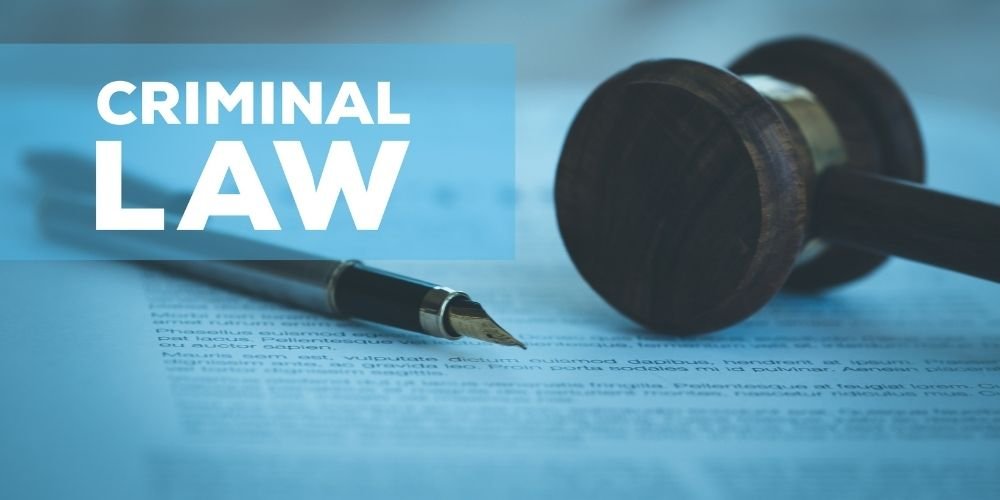What Does Juror Misconduct Look Like?

The Definition of Jury Misconduct
If a judge issues a guilty verdict in your criminal case, you may be able to file an appeal if you believe you had an unfair trial or if the jury was compromised. Here are the basics of jury misconduct and how to get legal help.
Jury misconduct can manifest itself in a variety of ways. A single juror or more than one may be to blame. When a juror lies or refuses to follow directives, it may seriously affect the result of a defendant’s criminal case. You will generally be eligible to appeal the court’s decision if you can show that the jurors in your case were prejudiced.
Kinds of Jury Misconduct
Here are some types of jury misconduct:
Tainted or Biased Jury
A juror may be racially prejudiced, or they may have a predisposition to support or undermine a defendant based on the nature of their alleged crime, individual circumstances, or other personal information. A juror may also not be qualified if they have certain medical disabilities, aren’t United States citizens, or have been convicted of a crime in the past.
Influence by Other Members of the Court
Court clerks, bailiffs, and other administrative staff may not influence members of the jury before or during a criminal trial. If it is discovered that the jury received information about the case from these individuals outside of court, this may be enough to garner eligibility for an appeal. For example, if certain evidence was inadmissible in court but a bailiff told a juror about it, this could sway their decision.
Media Bias
Jurors are generally forbidden from seeking out or discussing any outside material pertaining to the criminal case, such as television segments or news articles. This is especially important in high-profile cases that are expected to receive a lot of media attention.
If one or more jury members engage with external information, it may be concluded that the jury became compromised by the outside material, especially if the juror discussed the details with other members of the jury.
Reach Out to a New Haven Criminal Defense Lawyer For Help Appealing Your Case
If you believe you were found guilty of a criminal offense because the jury in your trial was biased or engaged in other misconduct, it’s important to get legal help quickly. Contact experienced Connecticut criminal defense lawyer Rachel Mirsky now for a consultation at (203) 290-2779.




